Malocclusion
What are Malocclusions?

What are Malocclusions?
Malocclusion is a misalignment of the teeth or jaws that affects how the upper and lower teeth come together. It can impact chewing, speech, appearance, and long-term oral health. Common types include Class I (crowding or spacing with normal bite), Class II (overbite), and Class III (underbite). Malocclusion can range from mild to severe and may develop in childhood or adulthood. At Genesis Dental, we offer personalised care to address malocclusion early—helping you or your child achieve a healthier, more confident smile.
Common Causes of Malocclusions
Malocclusion can develop due to a mix of genetic, behavioural, and environmental factors. Common causes include:
Genetics: Inherited jaw or tooth size issues and a family history of misalignment.
Childhood Habits: Thumb sucking, prolonged pacifier use, tongue thrusting, and mouth breathing can all affect jaw development.
Dental Issues: Early loss of baby teeth, missing or extra teeth, or poorly fitted dental work can disrupt alignment.
Jaw or Facial Trauma: Injuries to the face or jaw may alter how teeth come together.
Congenital Conditions: Birth defects like cleft lip or palate can impact alignment.
Lifestyle Factors: Soft diets and poor posture may lead to underdeveloped jaw muscles over time. *limited evidence*
- Early tooth loss: Early loss of a baby tooth can result in crowded adult teeth. Early loss of an adult tooth can cause tooth migration such as tipping, over eruption and/or drifting of neighbouring or opposing teeth
Identifying these causes early helps reduce the risk of complications and supports better long-term dental outcomes.
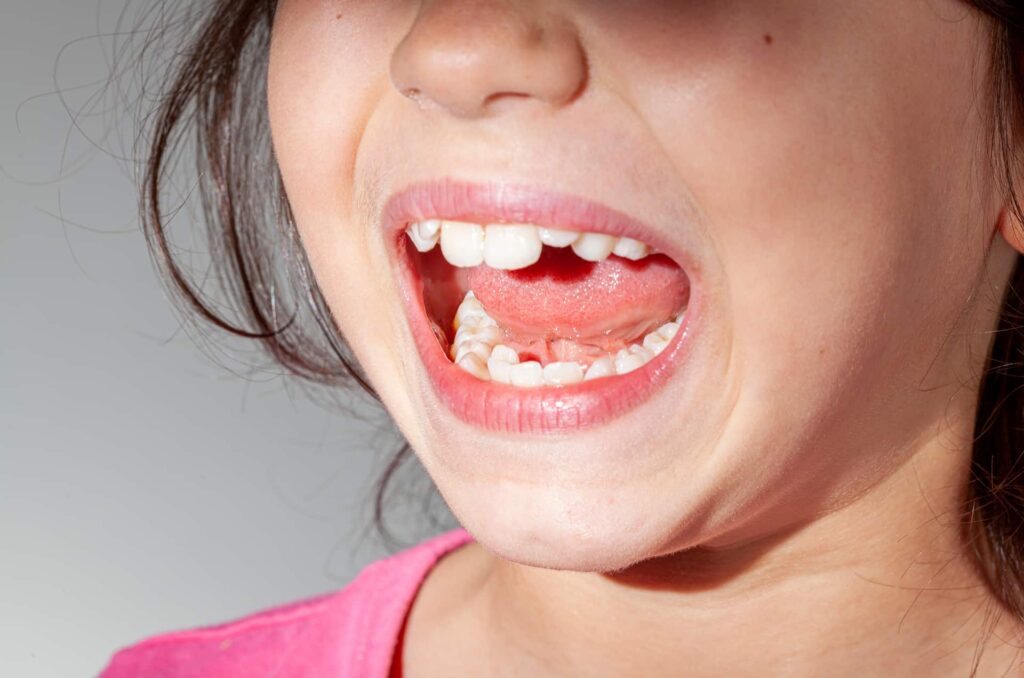
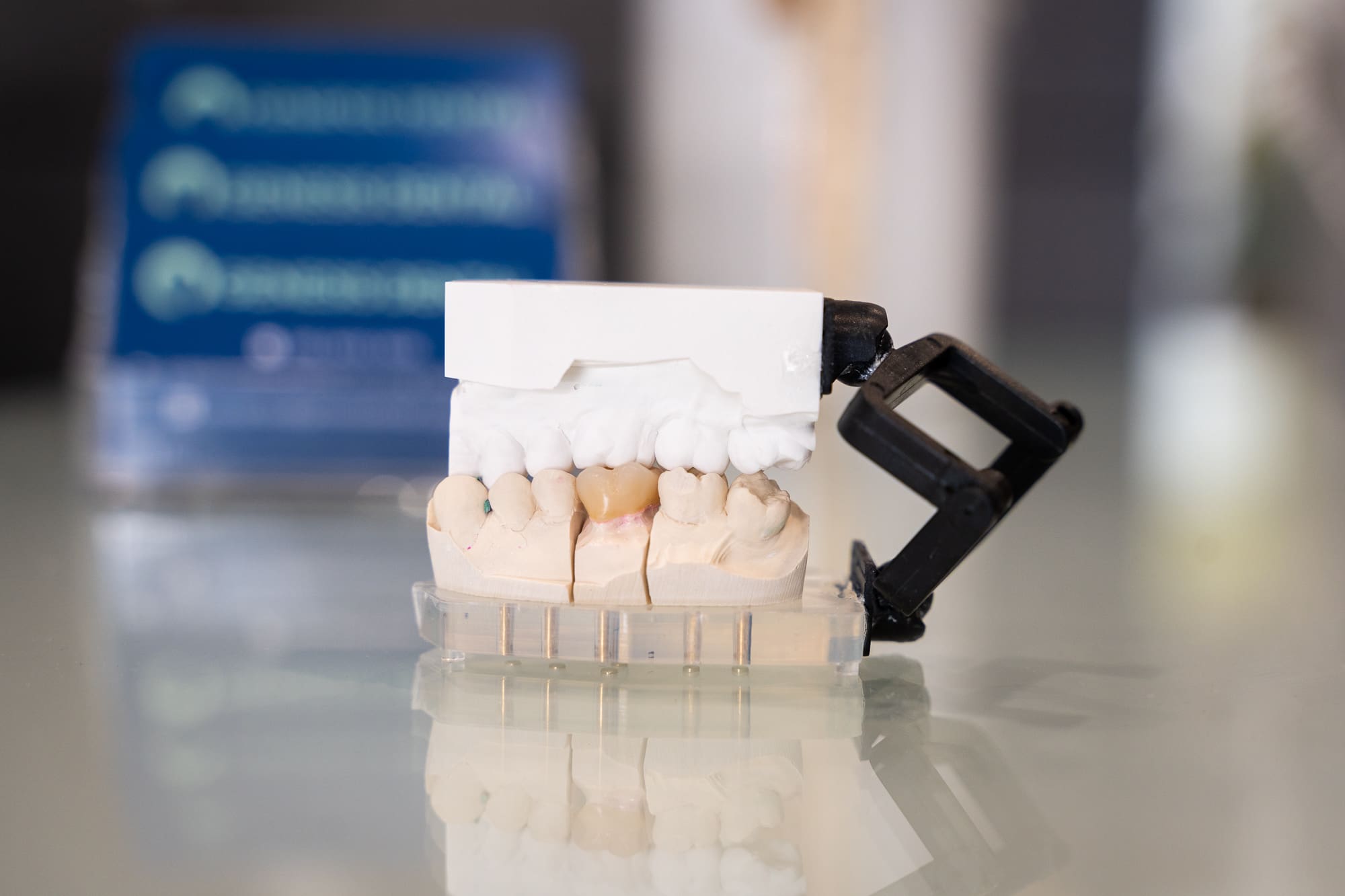
Symptoms of Malocclusion
Malocclusion can present with a range of symptoms, including:
Crooked, crowded, or spaced teeth
Improper bite (e.g., overbite or underbite)
Difficulty chewing or biting into food
Speech problems, such as lisping
Frequent cheek or tongue biting
Changes in facial appearance or proportions
Mouth breathing
Increased susceptibility to cavities and gum disease
Unexplained tooth sensitivity or wear
If you notice any of these symptoms, it’s important to seek professional dental evaluation to address potential malocclusion and prevent further complications.
Our Treatments for Bruxism
At Genesis Dental, we offer a variety of treatment options to address malocclusion based on its cause and severity—including support for habits like thumb sucking and tongue thrusting. Each treatment plan is customised to suit the individual needs of the patient, ensuring effective and lasting results. Book now to schedule your consultation and start your journey towards a healthier, more confident smile.
How To Prevent Malocclusions
While some causes of malocclusion, like genetics, are unavoidable, there are several steps you can take to reduce the risk of developing misalignment:
Encourage Healthy Oral Habits in Children:
Cease thumb sucking/dummy use before age 4: studies show that if ceasing before age 4, any malocclusions caused to teeth will auto correct (reverse itself).Promote Proper Breathing:
Encourage nose breathing instead of mouth breathing, especially if allergies or nasal congestion are present.Maintain Good Oral Hygiene:
Prevent tooth decay and early tooth loss by brushing and flossing regularly. Visit the dentist regularly for check-ups and cleanings.Address Habits Like Teeth Grinding:
Wear a night guard, like a mandibular advancement splint, if teeth grinding (bruxism) is a concern. Manage stress levels to reduce the likelihood of clenching or grinding.Ensure Proper Jaw Development:
Encourage a balanced diet with adequate chewing, which helps develop strong jaw muscles. Be mindful of any signs of misalignment in your child’s teeth and seek early evaluation (around age 7) to address issues before they worsen.Avoid Facial Injuries:
Use protective gear, such as custom mouth guards, during sports to prevent jaw and facial trauma.
Taking these preventative measures can help maintain healthy teeth and jaw alignment, reducing the need for extensive orthodontic treatment later on.
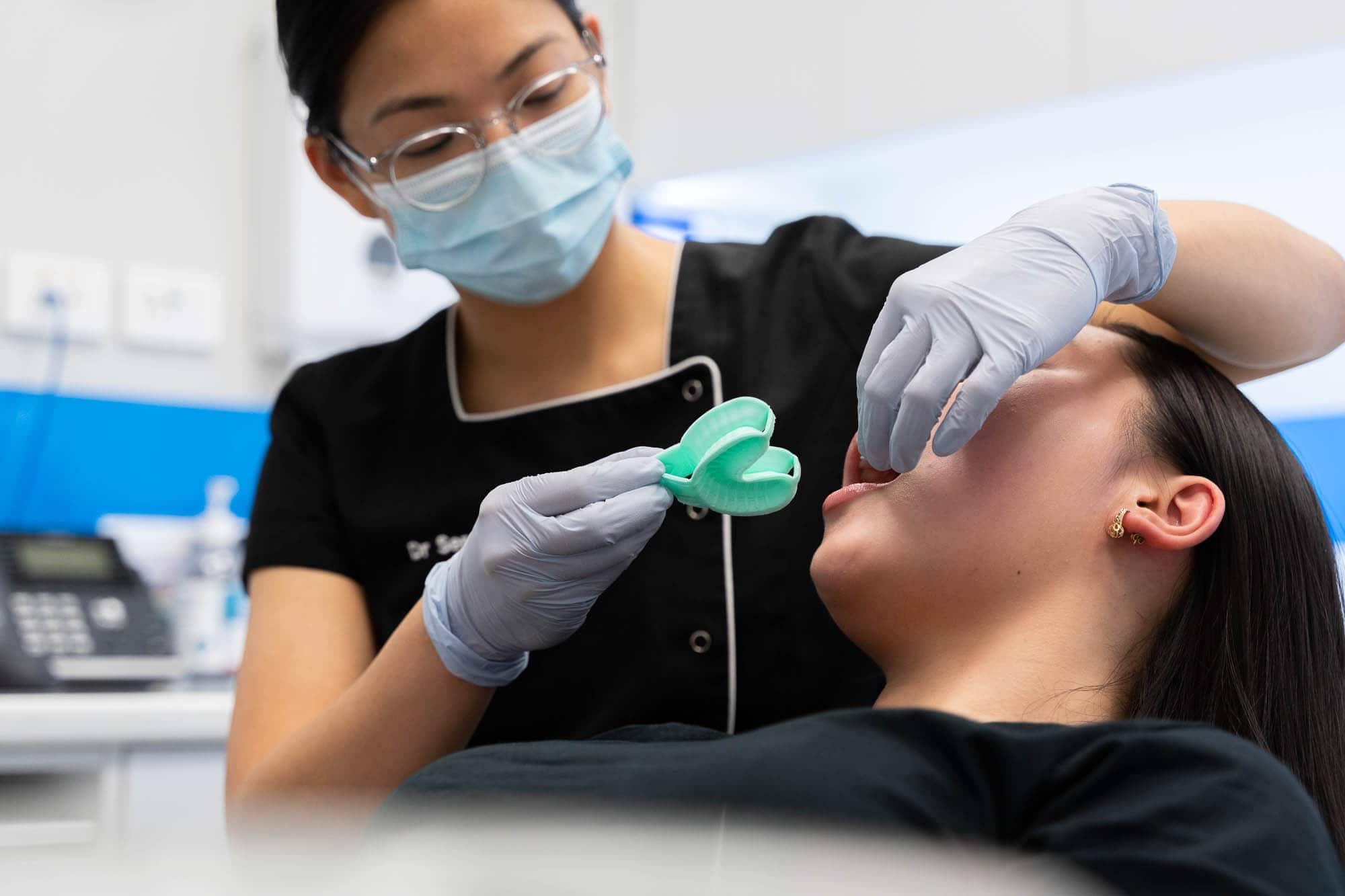
When Should I See a Dentist for a Malocclusion?
It’s important to seek professional dental care if you or your child experience any of the following signs or symptoms of malocclusion:
Difficulty Chewing or Biting: Struggling to chew food or bite properly can indicate a misalignment.
Visible Tooth Misalignment or Jaw Problems: Crooked, crowded, or spaced teeth, or jaw irregularities, should be addressed early.
Early or Late Loss of Baby Teeth: Unusual timing in the loss of baby teeth can signal potential alignment issues.
Abnormal Tooth Wear or Gum Inflammation: Unexplained tooth wear or swollen gums may indicate misalignment.
Early intervention, typically around age 7, helps prevent future complications and ensures the best outcome for dental health and facial development. If you’re noticing any of these symptoms, book now for a consultation with our caring team at Genesis Dental.
Associations
Our dentists are members of reputable dental associations, including the Australian Dental Association WA (ADAWA) and the Australian Health Practitioner Regulation Agency (AHPRA). We are also accredited by QIP, meaning our practice adheres to industry guidelines and regulations.
We accept all health funds, claimable on the spot for your convenience. We are preferred providers with HBF, HCF, CBHS and NIB, meaning you can maximise your rebate.
We also provide interest free payment plan options via The Tooth Market’s Fund My Dental. We also participate in government aided programs such as the Child Dental Benefits Scheme and provide top quality treatment for Department of Veterans’ Affairs (DVA) card holders.






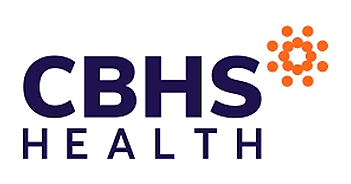


Meet Our Team

Dr. Serene Ong
Dentist

Dr. Ben Luu
Dentist

Dr. Ashleigh Furfaro
Dentist

Dr. Jun Liew
Dentist
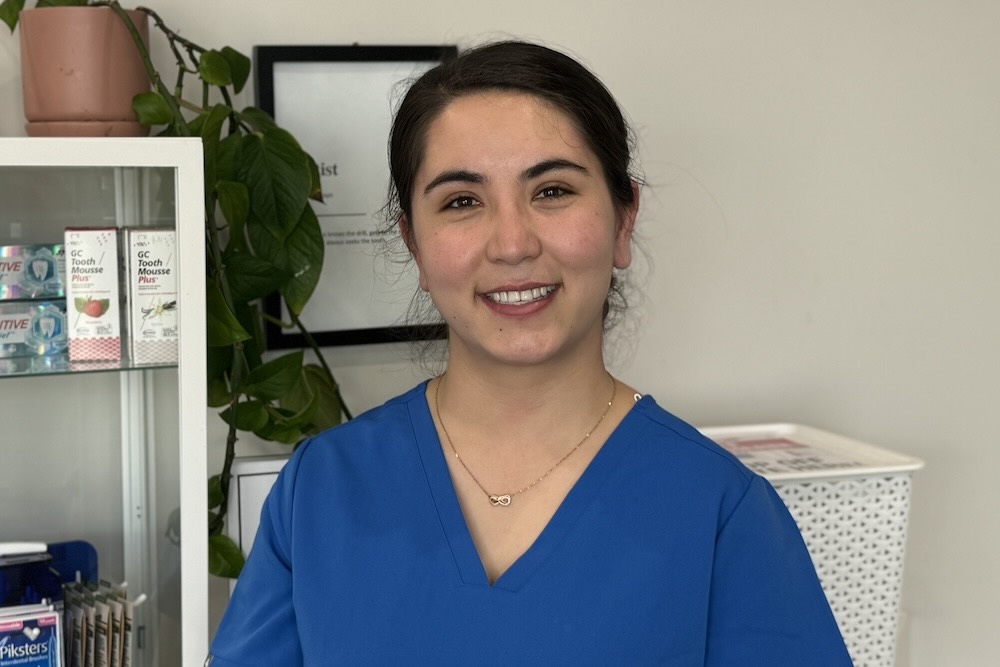
Fatima Akbari
Oral Health Therapist
Malocclusion FAQ's
What causes malocclusion in children?
It’s often a combination of genetics and oral habits like thumb sucking, prolonged dummy use, or mouth breathing. Early dental check-ups can help identify these issues before they affect jaw development.
Can adults be treated for malocclusion?
Yes. While treatment is often easier in childhood, adults can still achieve excellent results with braces, clear aligners, or other orthodontic options.
Does every case of malocclusion need braces?
Not always. Some mild cases can be monitored or managed with simple appliances, habit intervention, or minor adjustments. A personalised assessment will determine the best approach.
Can untreated malocclusion lead to long-term problems?
Yes. If left untreated, malocclusion may contribute to jaw pain, tooth wear, gum disease, and difficulty chewing or speaking.
When should my child be assessed for bite issues?
We recommend an orthodontic evaluation around age 7. This allows us to detect developing issues early and guide jaw growth where needed.
Contact Us
Contact our caring dentists in Canning Vale today with any questions about bruxism or to book your consultation to start your journey to a healthy smile.